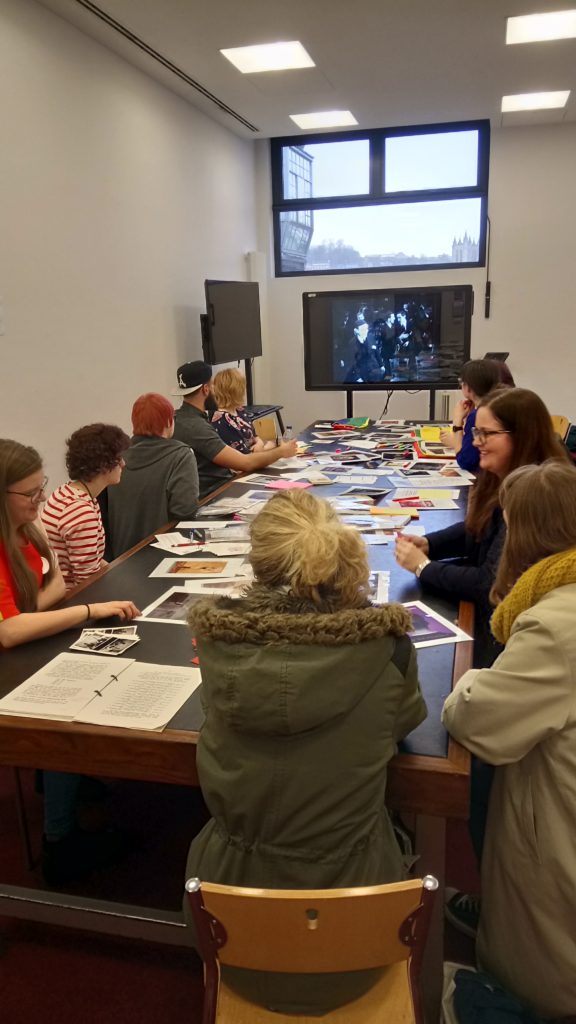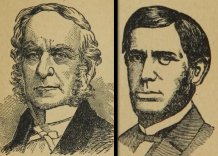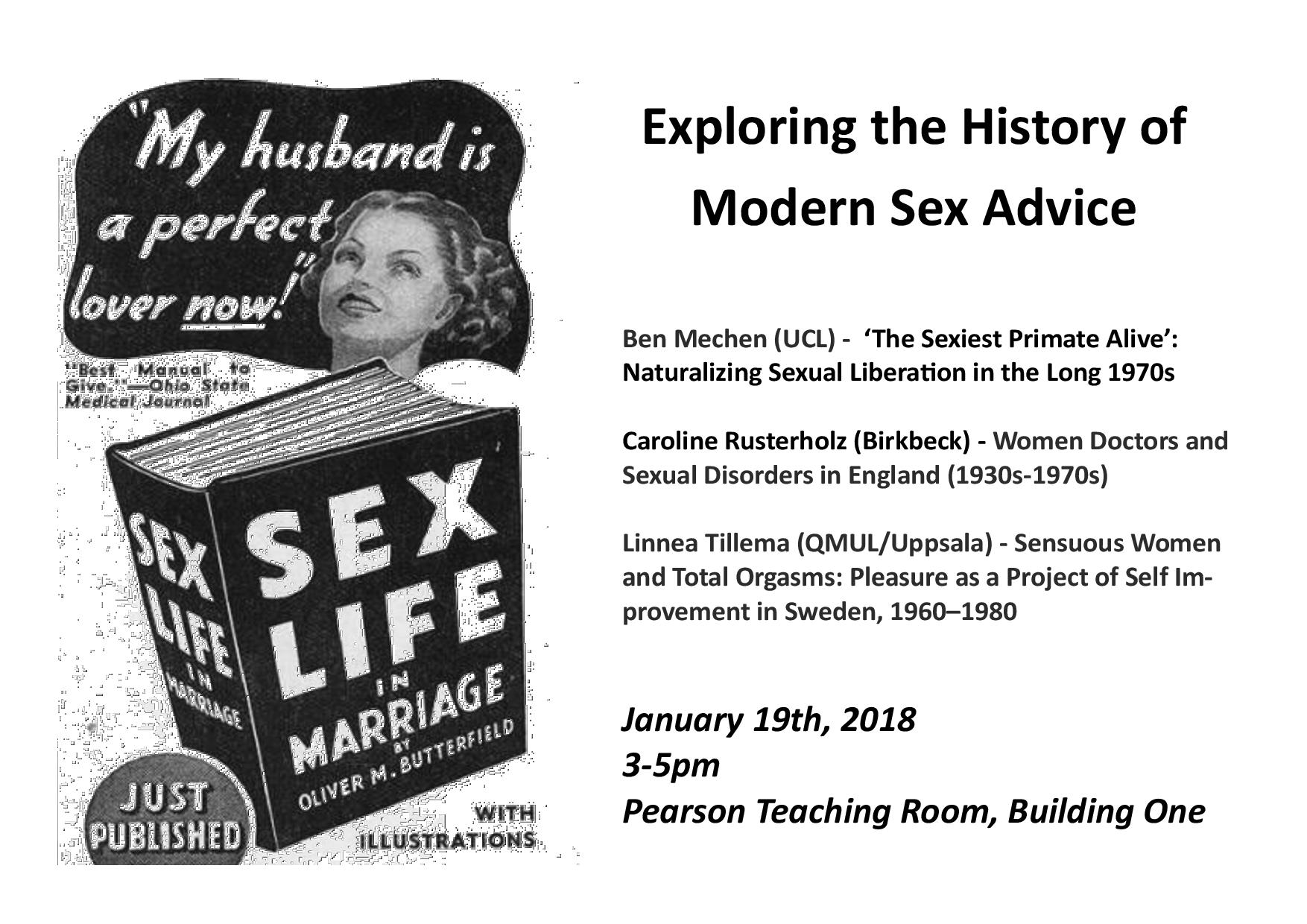Our project director Jana Funke took part in a Post-Show Panel of a performance of The Cause, a play about the history of women’s suffrage, from Dreadnought SouthWest. The panel also featured Julia Neville (Historian) and Playwright Natalie McGrath. Chaired by Josie Sutcliffe.
Read more about The Cause and its Southwest 2018 schedule here.
To our wonderful panel of phenomenal women & to the audience who stayed to hear them speak: @Rosball @DrJanaFunke @jfneville1 – Thank you! Wonderfu to learn more about your work. Let’s continue the conversation. pic.twitter.com/THFXXjvXoR
— DreadnoughtSW (@DreadnoughtSW) May 23, 2018

 In March 2018 the Rethinking Sexology team hosted an event dedicated to the history of sexuality and sexual science in Poland.
In March 2018 the Rethinking Sexology team hosted an event dedicated to the history of sexuality and sexual science in Poland. 



 This workshop, run as a joint endeavour between the Rethinking Sexology project and Exeter’s
This workshop, run as a joint endeavour between the Rethinking Sexology project and Exeter’s